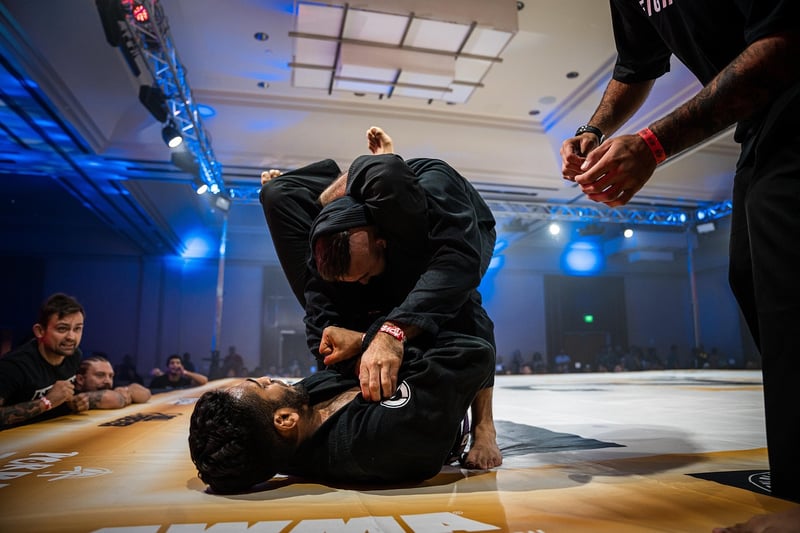Jiu-Jitsu
The Power of Self-Defense Disciplines: Exploring the Art of Jiu-Jitsu
Introduction to Self-Defense Disciplines
Self-defense is a crucial skill that empowers individuals to protect themselves in various situations. There are numerous disciplines and martial arts that focus on equipping practitioners with the necessary techniques to defend themselves effectively. One such discipline that has gained widespread popularity is Jiu-Jitsu.
Understanding Jiu-Jitsu
Jiu-Jitsu, also known as Brazilian Jiu-Jitsu (BJJ), is a martial art and combat sport that focuses on ground fighting and grappling techniques. It emphasizes leverage and technique over strength, making it an ideal form of self-defense for individuals of all ages and sizes.
Benefits of Jiu-Jitsu for Self-Defense
- Develops confidence and mental resilience
- Enhances physical fitness and flexibility
- Teaches practical self-defense techniques for real-life situations
- Promotes discipline and focus
- Builds a sense of community and camaraderie among practitioners
Training in Jiu-Jitsu
Training in Jiu-Jitsu involves learning a variety of techniques, including joint locks, chokeholds, and positional control. Practitioners engage in controlled sparring sessions, known as rolling, to apply these techniques in a simulated combat environment.
Key Principles of Jiu-Jitsu
- Position before submission
- Constant pressure and movement
- Defense and escapes are as important as attacks
- Adaptability and problem-solving
Conclusion
Jiu-Jitsu is a powerful self-defense discipline that offers a holistic approach to personal safety and physical fitness. By learning the art of Jiu-Jitsu, individuals can develop valuable skills that not only enhance their ability to defend themselves but also improve their overall well-being.

Explore the world of self-defense disciplines and discover the transformative benefits of Jiu-Jitsu today!
Learn more about Jiu-Jitsu at BJJ Globetrotters
